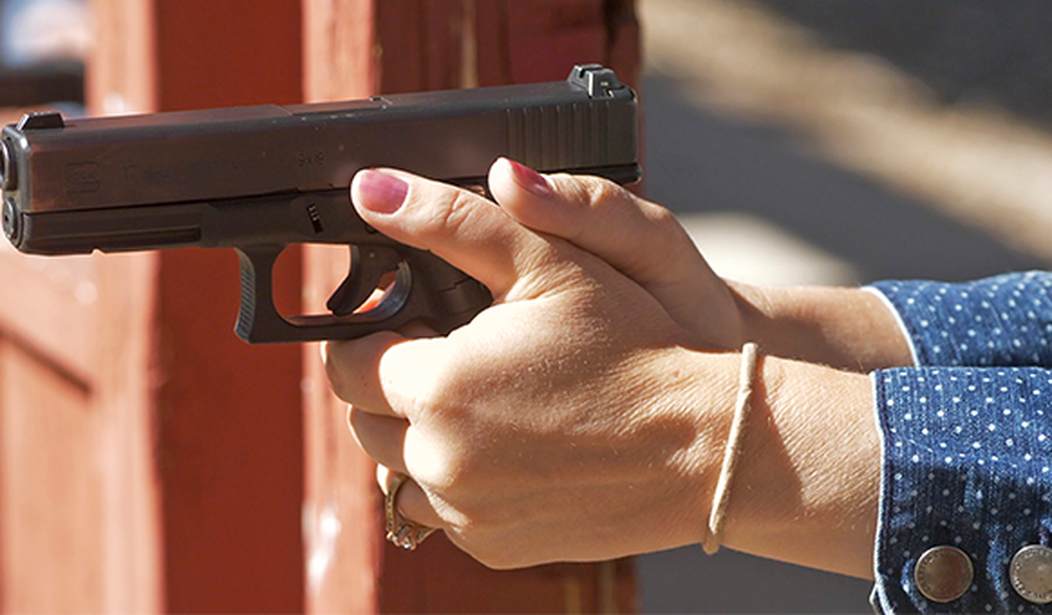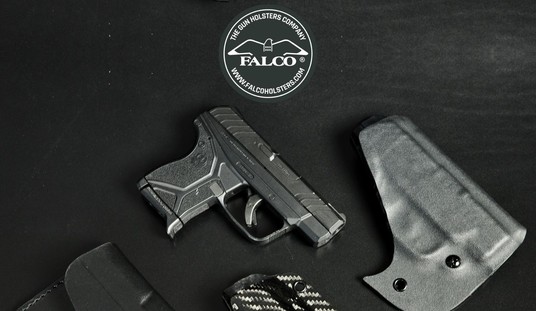When you ask a lot of gun owners why they have a firearm, they’ll tell you it’s for self-defense. I see no problem with that since that’s most of why I have mine.
Many of us consider the “what if?” scenarios. We arm ourselves and train to deal with various eventualities.
However, there are times when you probably need to think a bit beyond ourselves, for a “what if?” that might be left for our families to deal with.
Kerri Raissian didn’t know what to do about her father’s guns when he died of COVID-19 in December at age 86 and left her executor of his estate.
Her father, Max McGaughey, hadn’t left a complete list of his firearms and where they were stored, and he hadn’t prepared a realistic plan for responsibly transferring them to family members.
What’s more McGaughey had lived alone for at least a year at his home in Weimar, Texas, after being diagnosed with dementia in October 2020 — a situation Raissian realized was potentially unsafe but didn’t know how to address.
Now, a new tool can help gun owners and family members plan ahead for safe firearm use and transfers in the event of disability or death: The Firearm Life Plan, created by researchers at the University of Colorado and the Rocky Mountain Regional VA Medical Center in Denver.
Think of it as advance care planning for guns — a way for someone to describe what they want to have happen to their firearms should they die or become physically or cognitively disabled and unable to use them responsibly.
…
The Firearm Life Plan has four parts. First, there’s a list of warning signs (physical, cognitive, behavioral, and emotional) that might cause a gun owner to use a gun inappropriately. Among them are symptoms associated with dementia, whose dangerous nexus with firearm ownership was the topic of a KHN investigation in 2018.
Of course, some people are going to have concerns. In this day and age, a bit of paranoia is probably a good thing, particularly when it comes to seeing your guns going out the door.
However, here are some things to keep in mind:
Key messages for owners are “this is your decision” and “it’s voluntary,” said Dr. Emmy Betz, co-founder of the Colorado Firearm Safety Coalition and a University of Colorado researcher who led the project. Also, the kit notes that people’s plans may change over time and the worksheets gun owners fill out are not legally binding.
Truth be told, this is making the decision while you’re able so that your family won’t have to struggle later.
Many of you will know what I’m talking about; that moment you need to make a hard decision and you’re terrified you’d make the wrong call, but there’s an advanced directive telling you precisely what your loved one wants so you can rest easy knowing you’re following his or her wishes.
It made life easier for my mother when my grandmother found herself on life support. She knew what her mother wanted and while she still struggled with everything–who wouldn’t?–she could at least know she didn’t make the decision, my grandmother had.
Look, we carry guns for the “what if?” moments. This is one of those kinds of moments, too.
So, plan accordingly. Make it clear to your family what you want so they can follow those wishes.








Join the conversation as a VIP Member